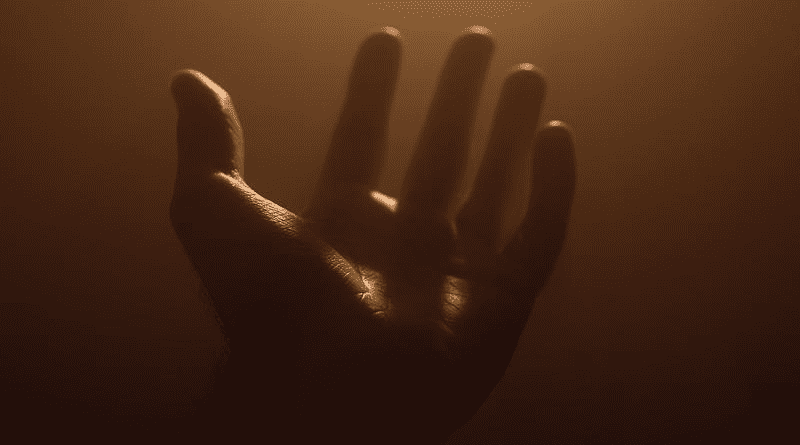EU Parliament Votes To Recognize ‘Holodomor’ Famine As Genocide
By EurActiv
By Julia Dahm
(EurActiv) — A motion to recognise Holodomor, the 1930s Great Famine in Soviet Ukraine, as genocide found broad support in the European Parliament on Thursday (15 December), with many drawing parallels to Russia’s current war in the country.
With the resolution adopted by an overwhelming majority, the European Parliament “recognises the Holodomor, the artificial famine of 1932-1933 in Ukraine caused by a deliberate policy of the Soviet regime, as genocide against the Ukrainian people.”
“The Holodomor is one of the major tragedies of the 20th century,” Commissioner Stella Kyriakides stressed before MEPs in the Parliament’s plenary.
Holodomor, a combination of the Ukrainian words for “starvation” and “to inflict death”, refers to the intentionally engineered famine in Soviet Ukraine from 1932 to 1933, in which millions of Ukrainians and Kazakhs.
Today, historians widely agree that the cause of the famine was man-made and was caused by Soviet policy decisions, including a combination of rejection of outside aid, confiscation of all household foodstuffs, and restriction of population movement.
While it is debated in many countries whether mass starvation constitutes genocide – a term in international law that describes the intentional destruction of an ethnic, national, racial, or religious group – more and more countries have officially recognised it as such.
At the end of November, Germany became the latest of 20 countries, including Ukraine, to take this step.
Largely ignored in Europe at the time
“Let us be clear about what happened in the 1930s: It was not a natural disaster,” Polish centre-right (EPP) lawmaker Radosław Sikorski said during the debate.
While there was a famine in other parts of the Soviet Union, he added, “it was accompanied by a vicious purge of the bearers of Ukrainian culture.”
Stalin’s brigades were “filled with hate towards Ukrainians, fuelled by Soviet propaganda,” Green MEP Viola von Cramon-Traubadel said.
The German lawmaker read out examples of what children in Ukraine had to endure during the famine, including a ten-year-old who resorted to eating tree bark, frogs and earthworms and a survivor who admitted to, as a boy, eating the flesh of his own mother after she died from hunger.
Several speakers also stressed that, at the time, the plight of Ukrainians was primarily ignored by or unknown to the rest of Europe due to Soviet propaganda seeking to control information on the subject.
The issue “was unknown or very little known for many years, the USSR and Russia never confirmed this crime,” Social Democrat lawmaker Włodzimierz Cimoszewicz stressed.
In the resolution, the Parliament also calls on Russia and other former Soviet countries to “open up their archives on the artificial famine of 1932-1933 in Ukraine.”
History repeating itself?
Meanwhile, the resolution also references Russia’s current attack on Ukraine, and parliamentarians and the Commissioner drew parallels to the Great Famine.
“Ninety years after the Holodomor, Russia is again using food as a weapon in the brutal war of aggression against Ukraine, through destroying Ukraine’s agricultural production, mining its fields and blocking its ports,” Kyriakides said, echoing earlier statements made by agriculture Commissioner Janusz Wojciechowski.
As Ukraine and Russia together made up a large part of global exports of wheat and other agricultural products, the invasion had significant ramifications on international markets, and the United Nations has warned that it has worsened an already severe hunger crisis in many parts of the world.
Kyriakides also pointed to the policy actions taken by the EU to support Ukrainian grain exports and help protect global food security, including the so-called solidarity lanes put into place earlier this year and support for the “Grain from Ukraine” initiative Kyiv recently launched.
While Left MEP Martin Schirdewan cautioned that Stalinist history should not be conflated with Russia’s actions today, Sikorski argued there are clear parallels.
Russian President Vladimir Putin “is trying to do by somewhat similar means the same thing again,” he said: “To deny Ukraine the right to exist as a separate culture, a separate nation, and a separate functioning democratic and pro-European state.”

